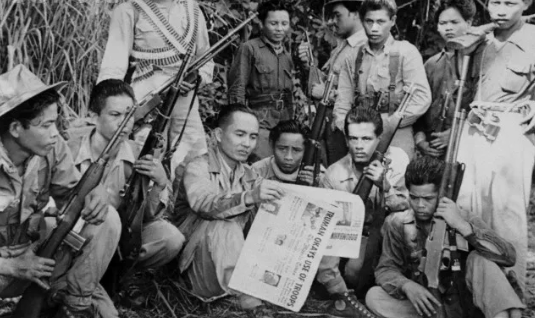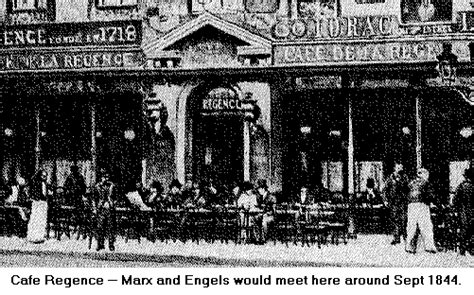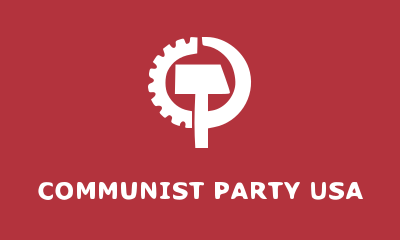This pamphlet was published by the Communist Party of South Africa in 1985. It explains the benefits and importance of secrecy in revolutions. Additionally, it highlights the steps to set up secret networks, rules when engaging in secret work, surveillance, communication, and failure.
“We have said that secret work helps us overcome the problems created by the enemy. This helps in the vital task of building an underground organisation or secret network. The network must lead the people in the struggle for power. It does not compete with the progressive legal organisations but reinforces them.”






